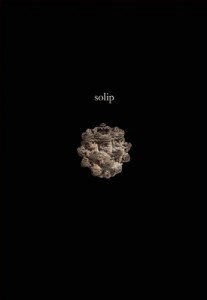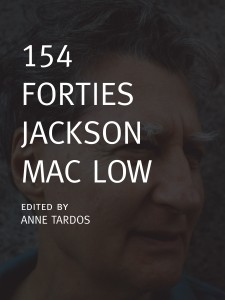 154 Forties
154 Forties
by Jackson Mac Low
edited by Anne Tardos
Counterpath Press, October 2012
328 pages / $22 Buy from SPD or Amazon
Mac Low created this book of poems from 1990 to 1999, collecting and editing as he went. He claims to have only edited the caesural spaces; everything else written word after word, as they came to him. The poems feel completely strange and alien, but at the same time intimate; the challenging poems are both alienating and enthralling.
(I wonder if the writer or editor let practitioneer slip as a portmanteau of pioneer and practitioner.)
Mac Low participated in Fluxus, and his work, like other Fluxers, shows the requisite influence of Cage, Duchamp, and others. However, instead of the performance based art that Mac Low created for Fluxus:
Tree Movie
Select a tree* Set up and focus a movie camera so that the tree fills most of the picture. Turn on the camera and leave it on without moving it for any number of hours. If the camera is about to run out of film, substitute a camera with fresh film. The two cameras may be altered in this way any number of times. Sound recording equipment may be turned on simultaneously with the movie cameras. Beginning at any point in the film, any length of it may be projected at a showing. *for the word ‘tree’, one may substitute “mountain”, sea”, “flower”, “lake”, etc. January 1961 The Bronx (Found at artnotart.com fluxus debris)
Whereas art like this from his Fluxus days tends toward the conceptual, the poems in 154 Forties are lyrical. They are primarily concerned with immediacy and music. As a way of categorizing, where Tree Movie, above, is a performance for the future, in un-rhymed, unmetered prose, the Forties abandon grammar, syntax, indeed, denotation, and instead adopt abstract music. It works both ways; music is foregrounded because the sense has been, for the most part, left absent. The best demonstration of how these poems can be interpreted and performed can be found here at Counterpath Press. This project includes Mathias Svalina saying “colostomy falafel”, and an all-star lineup including K. Silem Muhammad, Lyn Hejinian, Paul Hoover, Douglas Kearney, Juliana Spahr, and HTML Giant’s own Janice Lee performing most of the Forties.

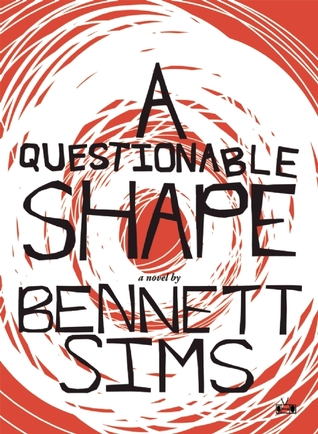
 what purpose did i serve in your life
what purpose did i serve in your life
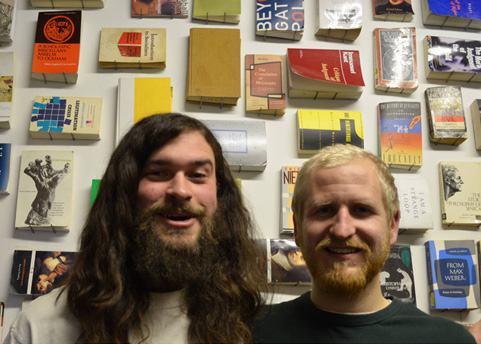 So in case you don’t shake the rain out of your
So in case you don’t shake the rain out of your 
 So of course when I asked Matt and Jacob if they felt like writing up a guide to “mellow paging,” they were like: “We don’t call it that because that sounds dumb, Mike, and actually, wouldn’t you know it, we just wrote up a really comprehensive guide for our friends in Portland and our friends at
So of course when I asked Matt and Jacob if they felt like writing up a guide to “mellow paging,” they were like: “We don’t call it that because that sounds dumb, Mike, and actually, wouldn’t you know it, we just wrote up a really comprehensive guide for our friends in Portland and our friends at 

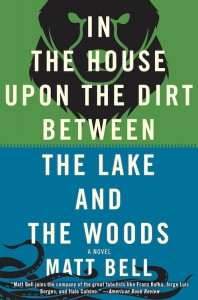 In The House Upon The Dirt Between The Lake And The Woods
In The House Upon The Dirt Between The Lake And The Woods Over at Typo, Guillermo Parra has put together (
Over at Typo, Guillermo Parra has put together (